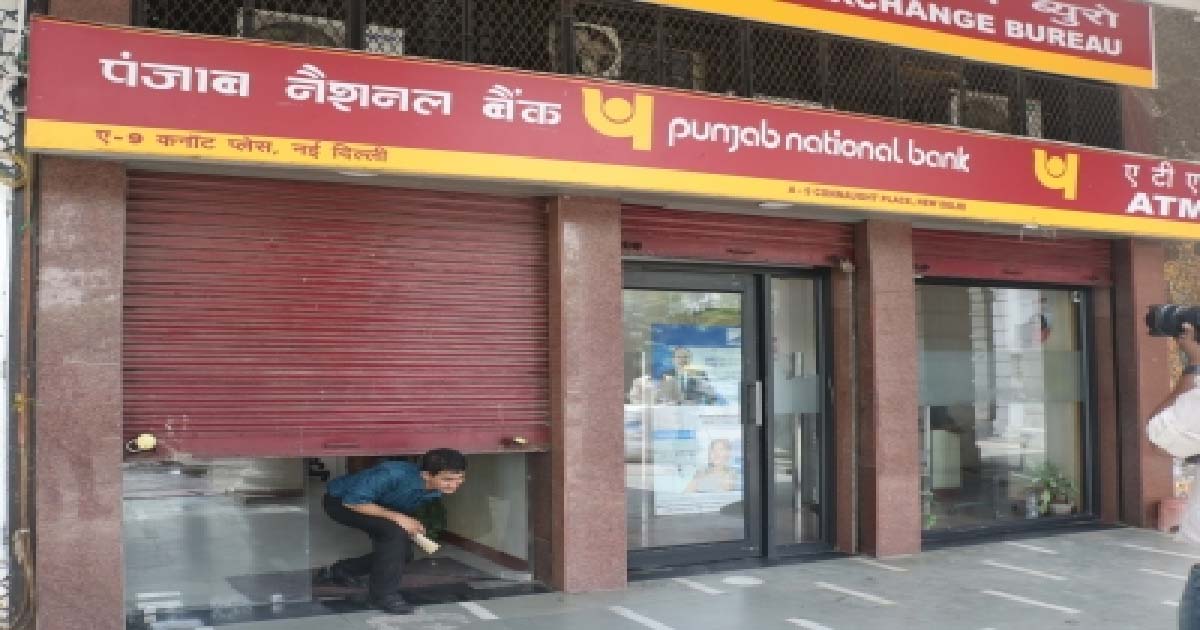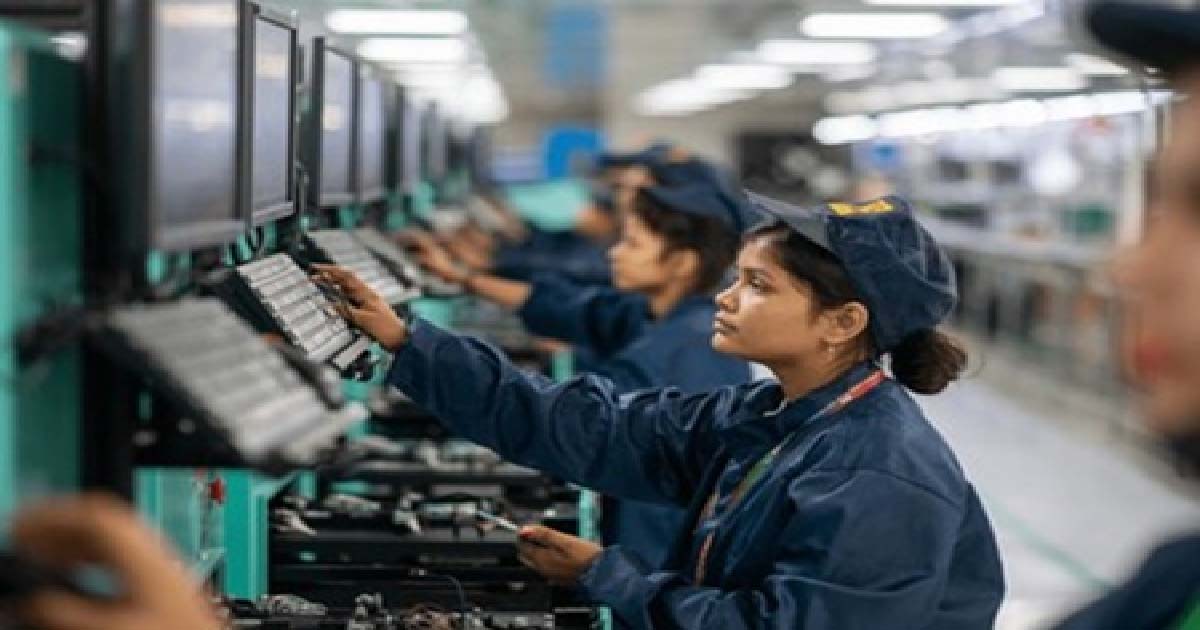Business
Petrol, diesel prices rise again amid volatility in oil market

Petrol and diesel prices rose simultaneously for the fourth day running on Sunday amid volatility in global oil prices with benchmark crude remaining at a high level of over $ 79 a barrel.
Accordingly, diesel price increased by 30 paise per litre in the national capital to Rs 90.77 per litre on Sunday while petrol price increased by 25 paise per litre to Rs 102.39 a litre, according to Indian Oil Corporation, the country’s largest fuel retailer.
Diesel price has now increased on eight days in the last 10 days taking up its retail price by Rs 2.15 per litre in Delhi. Diesel price was raised on Friday by 20 paise per litre and again by 25 paise per litre each on Sunday, Monday and Tuesday and by 30 paise per litre on Thursday, Friday, Saturday and Sunday.
Petrol prices had maintained stability since September 5, but the oil companies finally raised the pump prices this week given a spurt in the product prices lately. Petrol price has also risen on five of the previous six days taking up its primo price by Rs 1.20 per litre.
The OMCs had preferred to maintain their watch prices on the global oil situation before making any revision in prices. This is the reason why petrol prices were not revised for the last three weeks. But extreme volatility in the global oil price movement has now pushed OMCs to effect the increase.
The wait and watch plan of OMCs had come to the relief of consumers earlier as no revision came during a period when crude prices were on the rise over a shortfall in US production and inventories and a pick up in demand. This would have necessitated about Rs 1 increase in price of petrol and diesel.
In Mumbai, the petrol price increased by 25 paise per litre to over Rs 108.50 per litre while diesel rates increased close to Rs 98.50 a litre.
Across the country as well petrol and diesel prices increased between 20-30 paise per litre, but their retail rates varied depending on the level of local taxes in the state.
Fuel prices in the country have been hovering at record levels on account of 41 increases in its retail rates since April this year. It fell on a few occasions but largely remained stable.
After rising over a three year high level of $80 a barrel earlier this week, the global benchmark has now come down to $78 a barrel and now again up to $ 79 a litre. Oil rates are up 2 per cent for the week and this is the fifth weekly gain. Since September 5, when both petrol and diesel prices were revised, the price of petrol and diesel in the international market is higher by around $6-7 per barrel as compared to average prices during August.
Under the pricing formula adopted by oil companies, rates of petrol and diesel are to be reviewed and revised by them on a daily basis. The new prices become effective from morning at 6 a.m.
The daily review and revision of prices is based on the average price of benchmark fuel in the international market in the preceding 15-days, and foreign exchange rates.
But, the fluctuations in global oil prices have prevented OMCs to follow this formula in totality and revisions are now being made with longer gaps. This has also prevented companies from increasing fuel prices whenever there is a mismatch between globally arrived and pump price of fuel.
Business
PNB declares Rs 2,434 crore alleged loan fraud against former promoters of Srei firms

New Delhi, Dec 27: Punjab National Bank (PNB) has declared a Rs 2,434 crore alleged loan fraud by the former promoters of Srei Equipment Finance and Srei Infrastructure Finance.
In a late evening exchange filing, the state-run PNB said that “Pursuant to the applicable provisions of SEBI (LODFR) Regulations, 2015 and the Bank’s Policy for determining materiality of events/information required to be reported to the Stock Exchanges, it is hereby informed that the bank has reported borrowal fraud to RBI against the erstwhile promoters of Srei Equipment Finance and Srei Infrastructure Finance”.
PNB said that of the total fraudulent borrowings, Rs 1,240.94 crore is related to Srei Equipment Finance and the remaining Rs 1,193.06 crore is related to Srei Infrastructure Finance.
The public sector lender also said it has 100 per cent provisions for these loans. The bank said the declaration of these two accounts as frauds is based on a forensic audit, which pointed to irregularities such as loans to connected parties and potential evergreening of loans.
However, Srei group has challenged the forensic audit report as the basis for the fraud classification, noting the matter is subjudice.
Other banks such as Punjab & Sind Bank, Bank of Baroda, and Union Bank of India have also earlier declared a loan fraud in connection with Srei companies.
The Srei group has been undergoing an insolvency resolution process since 2021, and the National Company Law Tribunal has approved a resolution plan submitted by the National Asset Reconstruction Company in 2023. The Srei group was sent to the NCLT by the Reserve Bank in October 2021 after it had found governance issues and defaults and the regulator superseded the boards of Srei Infrastructure Finance and Srei Equipment Finance.
In February 2023, NARCL emerged as the successful bidder for SIFL and SEFL which together owed Rs 32,750 crore to lenders. NARCL won the bid in February 2023, got the NCLT approval in August 2023, and finalised the acquisition by January 2024.
Business
India 2nd largest mobile manufacturing country in the world: Minister

New Delhi, Dec 27: India has ramped up electronics production six-fold and is the second largest mobile manufacturing country in the world, Union Minister of Electronics and Information Technology Ashwini Vaishnaw said on Saturday.
In multiple posts on social media platform X, Vaishnaw said that the country has increased electronic exports eightfold over the past 11 years, mainly driven by policy support from the Production Linked Incentive Scheme.
The PLI scheme for Large Scale Electronics Manufacturing has attracted over Rs 13,475 crore in investment and helped achieve production of about Rs 9.8 lakh crore in the electronics sector, driving manufacturing, jobs, and exports, he said.
Vaishnaw highlighted that “over 1.3 lakh jobs were created in the last five years and that electronics is now India’s third‑largest export category, climbing from seventh place”.
He said the country was initially focusing on finished products, but the Electronics Component Manufacturing Scheme supported a shift to “building capacity for modules, components, sub-modules, raw materials, and the machines that make them.”
The Electronics Component Manufacturing Scheme has 249 applications representing Rs 1.15 lakh crore in investment, Rs 10.34 lakh crore in production, and creating 1.42 lakh jobs, the post said, adding it is the highest-ever investment commitment in India’s electronics sector, indicating industry confidence.
Vaishnaw also noted progress in the semiconductor sector, saying ten units have been approved, with three already in pilot or early production. The minister said that “fabs and ATMPs from India will soon supply chips to phone and electronics manufacturers”.
“Electronics manufacturing created 25 lakh jobs in the last decade. This is the real economic growth at the grassroots level,” the minister said.
“As we scale semiconductors and component manufacturing, job creation will accelerate. From finished products to components, production is growing. Exports are rising. Global players are confident. Indian companies are competitive. Jobs are being created. This is ‘Make in India’ impact story!” he noted.
Business
Indian stock market ends holiday-shortened week in positive terrain

Mumbai, Dec 27: Indian equity markets ended the week in a positive terrain, buoyed by expectations of stronger domestic demand, a favourable liquidity outlook and optimism over potential Fed policy easing in 2026, analysts said on Saturday.
The holiday-shortened week opened with a bullish undertone; however, momentum tapered off as the days progressed.
On Friday, Sensex closed at 85,041.45, slipping 367.25 points or 0.43 per cent. Nifty also ended in the red, falling 99.80 points or 0.38 per cent to settle at 26,042.30.
According to market watchers, the year-end lull kept trading largely range-bound, with hopes for a Santa Claus rally diminishing amid the absence of fresh catalysts, limited progress in US–India trade talks, and caution ahead of the upcoming earnings season.
“Sectoral trends were mixed, marked by selective profit booking across most segments, while metals, FMCG, and media stocks offered notable resilience,” said Vinod Nair, Head of Research, Geojit Investments Ltd.
Nifty 50 ended the week at 26,042, continuing to respect its long-term rising channel on the daily chart. The index remains comfortably above the 20-day EMA cluster, preserving the medium-term bullish structure, said analysts, adding that as long as Nifty sustains above the 26,000–25,900 support zone, the overall bias remains positive.
On the domestic front, RBI’s liquidity interventions, such as open market operations and a USD/INR buy–sell swap, helped stabilise the rupee, though persistent FII outflows continued to weigh on sentiment.
Meanwhile, gold advanced on safe-haven demand, while crude prices hovered near multi-year lows, though U.S. steps to tighten pressure on Venezuelan oil shipments could exert upward pressure in the near term
Looking ahead, market sentiment is likely to stay cautious as investors brace for the upcoming earnings season while remaining attuned to global developments and currency movements, said analysts.
Attention will also turn to next week’s data releases, including India’s industrial and manufacturing output figures, manufacturing PMI, and the US FOMC minutes, said Nair.
-

 Crime3 years ago
Crime3 years agoClass 10 student jumps to death in Jaipur
-

 Maharashtra1 year ago
Maharashtra1 year agoMumbai Local Train Update: Central Railway’s New Timetable Comes Into Effect; Check Full List Of Revised Timings & Stations
-

 Maharashtra1 year ago
Maharashtra1 year agoMumbai To Go Toll-Free Tonight! Maharashtra Govt Announces Complete Toll Waiver For Light Motor Vehicles At All 5 Entry Points Of City
-

 Maharashtra1 year ago
Maharashtra1 year agoFalse photo of Imtiaz Jaleel’s rally, exposing the fooling conspiracy
-

 National News1 year ago
National News1 year agoMinistry of Railways rolls out Special Drive 4.0 with focus on digitisation, cleanliness, inclusiveness and grievance redressal
-

 Maharashtra1 year ago
Maharashtra1 year agoMaharashtra Elections 2024: Mumbai Metro & BEST Services Extended Till Midnight On Voting Day
-

 National News1 year ago
National News1 year agoJ&K: 4 Jawans Killed, 28 Injured After Bus Carrying BSF Personnel For Poll Duty Falls Into Gorge In Budgam; Terrifying Visuals Surface
-

 Crime1 year ago
Crime1 year agoBaba Siddique Murder: Mumbai Police Unable To Get Lawrence Bishnoi Custody Due To Home Ministry Order, Says Report
















